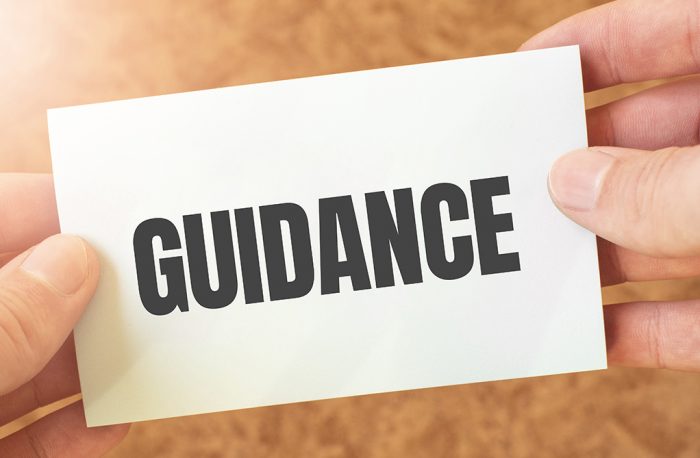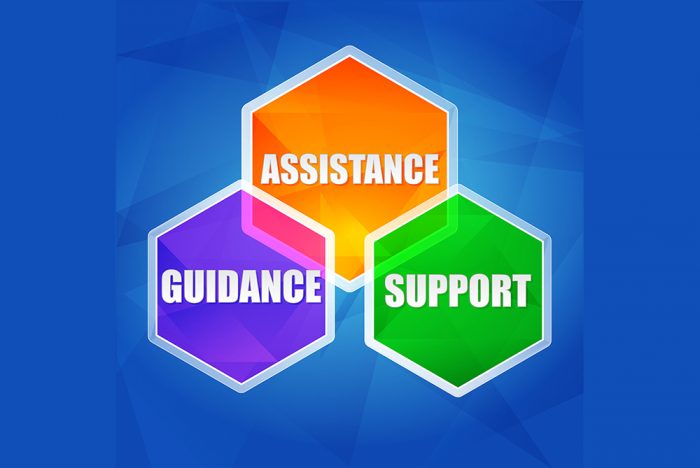The Centers for Medicare and Medicaid Services (CMS) recently published an errata document to the inpatient rehabilitation facility patient assessment instrument (IRF-PAI) Manual, Version 4.2, related to the coding of items J1750, J1800, and J1900. This errata document was issued to update guidance related to the Falls with Major Injury (FMI) measure in the IRF Quality Reporting Program (QRP), which is effective on January 1, 2026. Specifically, the guidance related to item J1900 Number of Falls Since Admission item has revisions to the definition of Injury (except Major) and Major Injury.
CMS also released the official Technical Specification Report for the Falls with Major Injury (FMI) measure. This report incorporates feedback received during the cross-setting Technical Expert Panel (TEP) held in May 2025. The report provides an overview of the measure, a high-level summary of the key features of the re-specified measure, a description of the methodology used to construct the FMI measure, and an overview of measure testing results. Additional guidance and related updates to the IRF-PAI Manual, Quality Measure Calculations and Reporting User’s Manual, and public reporting timelines will be provided at a future date. The report is available in the Downloads section on the IRF QRP Measures Information web page.














